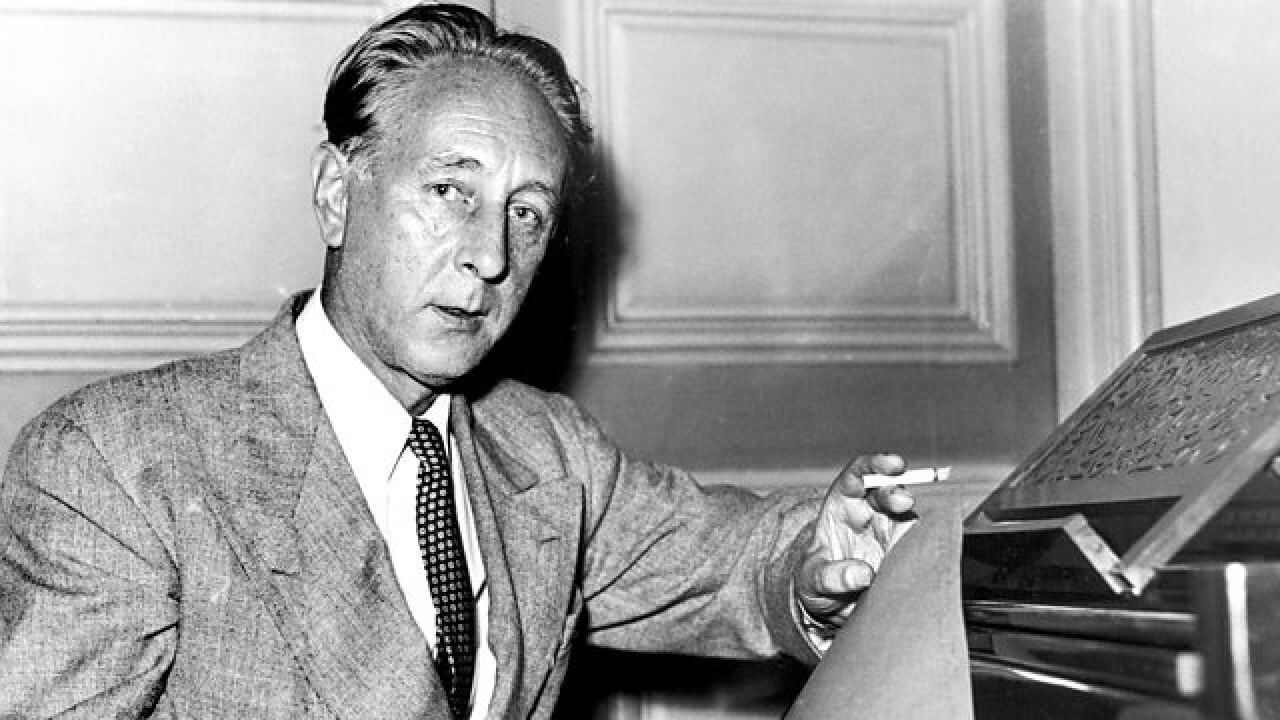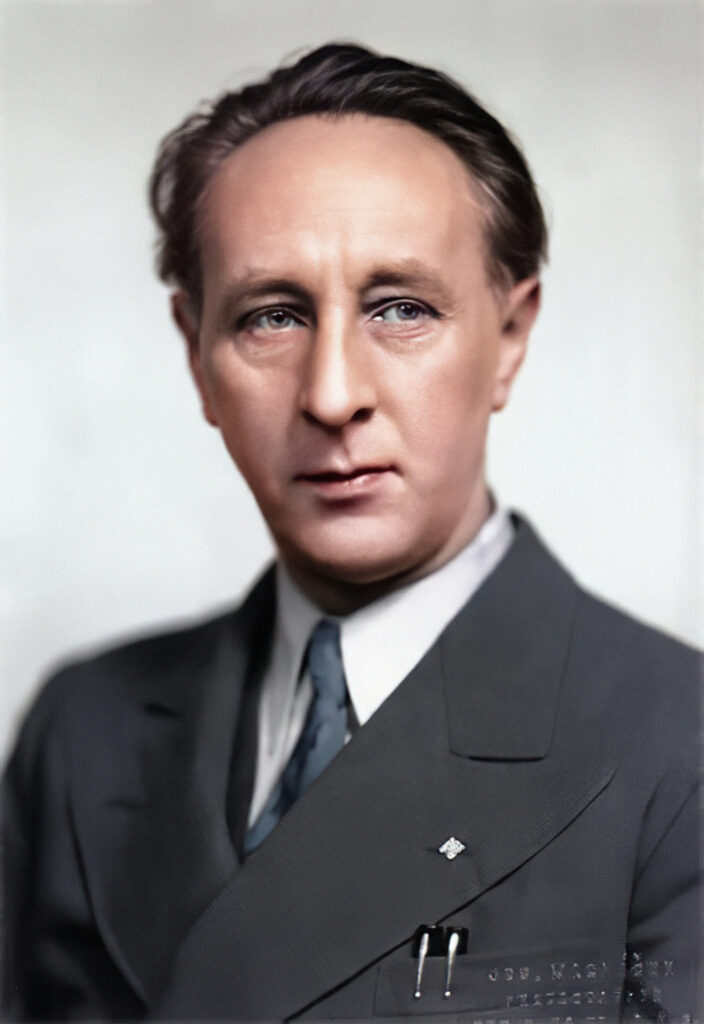Bohuslav Martinů stands as a luminary figure within the realm of 20th-century classical music, celebrated for his innovative compositions that blended elements of Czech folk music with modernist techniques. Born on December 8, 1890, in Polička, a small town in Bohemia, Martinů displayed an early aptitude for music. Despite financial constraints, his family supported his musical education, and at the age of six, he began studying violin and piano.
Martinů’s journey as a composer took him through Prague, where he studied at the Prague Conservatory under Josef Suk and Vítězslav Novák. His early compositions reflected the influence of Czech folk music and the late Romantic tradition. However, his thirst for innovation led him to Paris in 1923, a move that proved pivotal in shaping his distinctive style.
In the vibrant atmosphere of interwar Paris, Martinů immersed himself in the avant-garde circles, encountering the works of Stravinsky, Schoenberg, and Les Six. This exposure fueled his experimentation with new forms and techniques, leading to the development of a unique musical language characterized by rhythmic vitality, neo-classical structures, and a colorful orchestration.
Throughout his prolific career, Martinů traversed various genres, including symphonies, concertos, chamber music, operas, and ballets. His compositions often reflected his wanderlust and experiences, with works inspired by his travels to America, where he spent significant periods during World War II, and later, to Switzerland and Italy.
Despite achieving international acclaim, Martinů faced personal and professional challenges, including financial difficulties and periods of exile. Nevertheless, his unwavering dedication to his craft fueled a remarkable output, with over 400 compositions to his name.
Among Martinů’s most renowned works are his six symphonies, characterized by their melodic inventiveness and rhythmic dynamism. Additionally, his chamber music, such as the “Three Madrigals for Violin and Viola” and the “La Revue de Cuisine” suite, showcases his mastery of form and instrumental color.
In his later years, Martinů settled in the United States, where he continued to compose prolifically while teaching at institutions like Princeton University. Despite battling illness, he remained creatively active until his passing on August 28, 1959, in Liestal, Switzerland.
Bohuslav Martinů’s legacy endures through his rich and diverse oeuvre, which continues to captivate audiences and inspire musicians worldwide. His ability to blend tradition with innovation, coupled with his profound emotional expression, ensures his place as one of the most significant composers of the 20th century.


Comments are closed